Despite a regional summit aimed at ending the conflict in the eastern Congo, a resolution remains elusive. The European Union is also seeking a balance between its backing of Rwanda and its assertive stance in the Democratic Republic of the Congo.
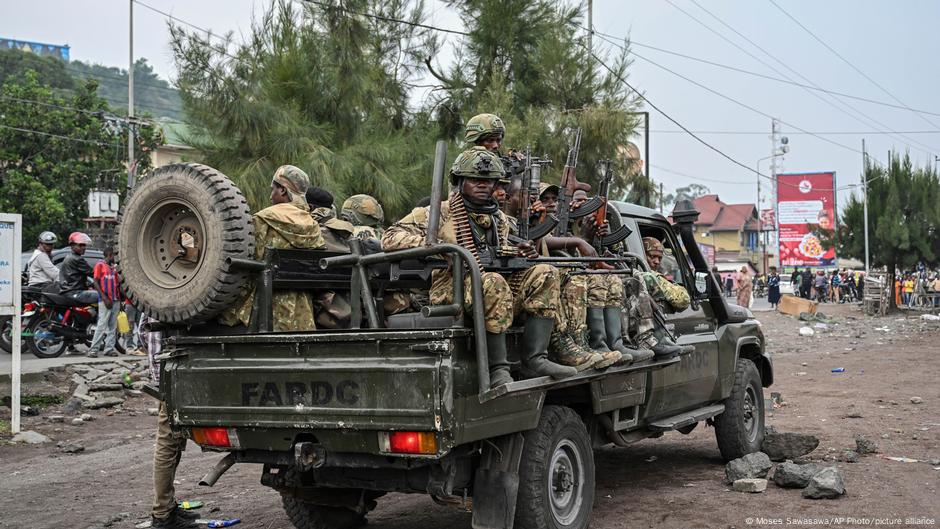
Leaders from eastern and southern Africa gathered at a summit in Tanzania and called for an "immediate and unconditional" end to armed conflict in the eastern part of the Democratic Republic of Congo within five days.
Although the summit's final declaration expressed backing for the DRC's territorial sovereignty and called for the establishment of humanitarian corridors to evacuate the dead and injured, it failed to make any direct mention of Rwanda or its involvement in the conflict. This was despite a United Nations report from last year, which stated that Rwanda had approximately 4,000 troops stationed in the DRC and effectively controlled the M23.
Afterwards, Kagame said his country will not remain silent if its security is threatened, and criticized Tshisekedi for shifting responsibility for the conflict. Rwanda denies that it backs the M23 and that it has troops in the DRC.
The Congolese military is unable to halt the advances of the M23 rebel group.
By the end of January, the M23 rebel group, backed by Rwanda, seized control of Goma, the capital of North Kivu province in the Democratic Republic of the Congo, and demanded that government troops lay down their arms.
Appearing before an emergency meeting of the UN Security Council in New York, the Democratic Republic of the Congo's Foreign Minister Therese Kayikwamba Wagner asked what international laws Rwanda would need to break for international organizations to take concrete action. Although the United Nations had reported that Rwandan troops were accompanying the M23 fighters, the statement released at the UN Security Council's meeting simply called for the removal of "outside forces," without specifically mentioning Rwanda.
On 27 January and in the immediate aftermath.
.
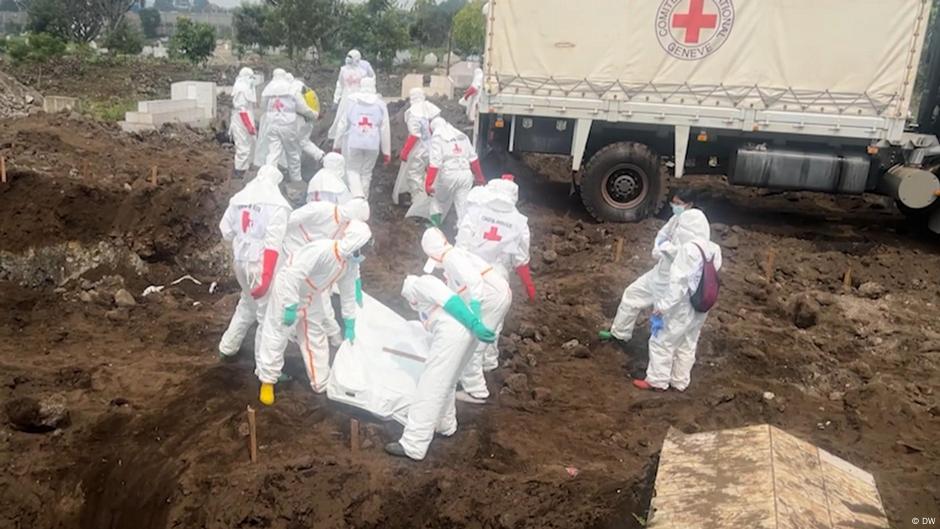
The rebels, who claim to be defending the rights of ethnic Tutsis, have stated that their objective is to proceed as far as the capital of the Democratic Republic of Congo, Kinshasa.
He stated that there had been a "failure in conflict prevention" by international actors, who should have intervened much earlier. He expressed "sadness, anger and frustration, because we, together with MONUSCO and the Congolese army, proved in 2013 that we could push back the M23."
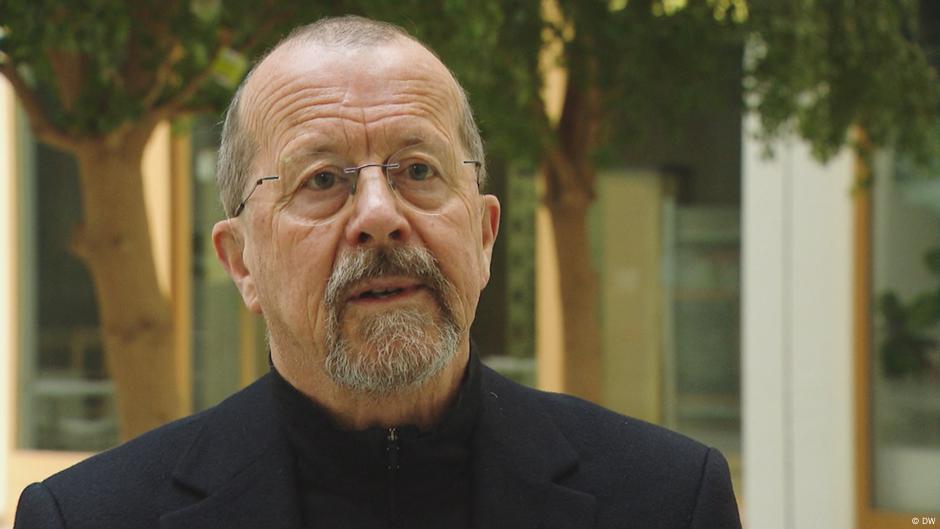
What's Germany's role?
Germany's Ministry of Economic Cooperation and Development (BMZ) has announced that it has cancelled government consultations that were scheduled to take place in mid-February.
There cannot be 'business as usual' in the face of the escalating situation in eastern Congo," the statement said. "Rwanda and M23 must end the escalation and withdraw. The BMZ is currently working with other donors to determine further consequences.
However, that is "not yet a cut in development funding," said Jakob Kerstan, the head of the DRC office of Germany's Konrad Adenauer Foundation (KAS), which is affiliated with the Christian Democrats.
The BMZ could immediately halt development funding. Interestingly, that occurred in 2012 and 2013, when the M23 had already seized control of Goma. There was considerable international pressure at the time.
US President Barack Obama personally phoned Kagame, who was the leader of Rwanda at that time.
"I can hardly picture President Trump reaching out to President Kagame," Kerstan said, referring to the current US government.
Currently, it appears that the foreign policy priorities of the United States are shifting.
"We don't yet fully comprehend their thoughts and desires," said Ciaran Wrons-Passmann, the managing director of Germany's Ecumenical Network for Central Africa (ÖNZ).
"I don't think the capture of Goma at that time was a mere coincidence, especially considering the Trump administration was still in the process of taking office," Wrons-Passmann stated.
Sanctions on Rwanda demanded
Demonstrators from the Democratic Republic of Congo staged a protest outside the European Union's diplomatic office in Pretoria, South Africa.
"The situation in the Democratic Republic of the Congo is comparable to that of Ukraine," Elie Kalonji Ikasereka, a Congolese entrepreneur who has resided in South Africa for two decades and was demonstrating with his family, stated to Agence France-Presse.
We are requesting the European Union to impose the same measures on Rwanda and its President Paul Kagame as were applied to Russia," Ikasereka stated. "We demand sanctions.
There are sanctions in place, though they do not have the same level of severity as those against Russia. The US and EU have imposed sanctions on specific members of the M23, Rwanda's military, and some Democratic Republic of Congo soldiers.
Germany and Europe are directly impacted by Russia's aggression against Ukraine, Kerstan stated. The Democratic Republic of the Congo, by contrast, feels significantly more distant.
With the federal elections in February being the main domestic issue in Germany and the Trump administration's foreign policy dominating international discussion, he said, "the focus is different right now."
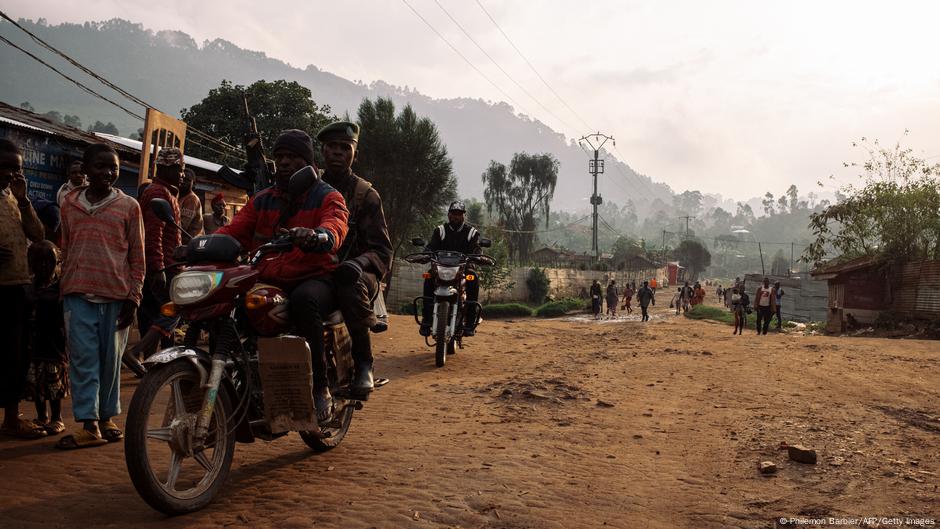
Another complicating factor, Wrons-Passmann noted, is that Rwanda has successfully marketed itself as a profitable partner in many areas. For instance, Rwanda is one of the leading contributors to the UN's global peacekeeping operations.
The United Kingdom has also threatened to cut development aid to Rwanda. However, the mere threat of sanctions is not sufficient, Wrons-Passmann said: "If you don't follow through in the end, you've lost more than you've achieved."
Rwanda as partner
The European Union aims to assert its economic influence through this policy.
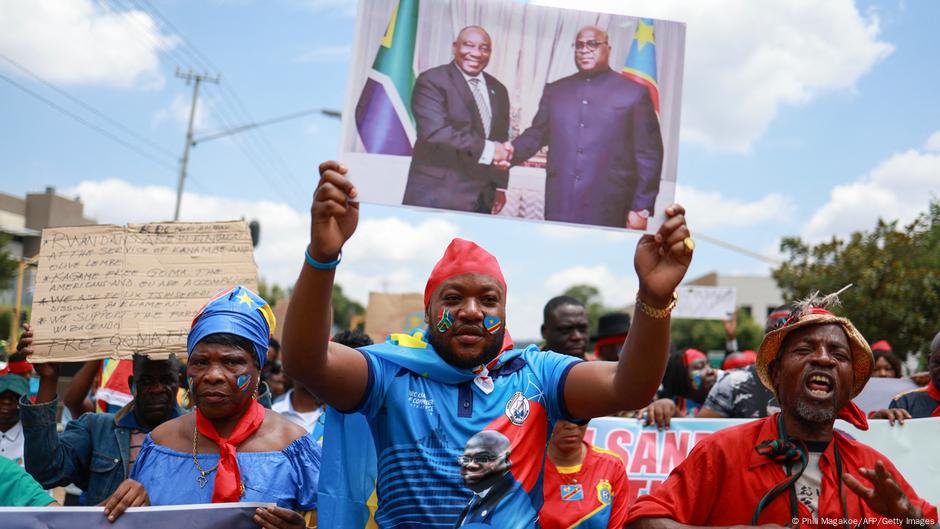
Demonstrators in Pretoria accused the European Union of plundering the Congo by stating: "The EU should "come in through the main gate," said 50-year-old Monique Mbiya Nkolombo to AFP outside the delegation in Pretoria. "It should stop buying minerals through Rwanda.”
Congolese exiles also protested in Brussels: "The EU was aware that the minerals did not originate from Rwanda and that they were instead being smuggled out of the Congo," a protester stated.
Rwanda is also a security partner for the UN in the Central African Republic, where Rwandan troops are countering Russian-backed Wagner mercenaries.
Notwithstanding this, in recent times, there have been repeated statements criticizing Rwanda's backing for the M23, according to Jakob Kerstan from the Konrad Adenauer Foundation.
The image is not only a powerful symbol, but also a reminder of the painful legacy of colonialism.
Contributors: Anchal Vohra, Sandrine Blanchard Edited by Cai Nebe
Author: Nikolas Fischer
